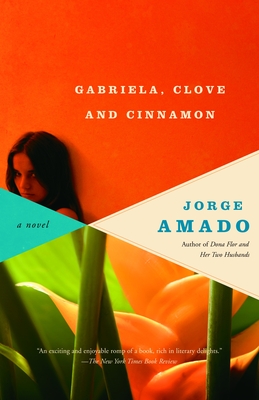 Although I had somewhat mixed feelings about the previous Geraldine Brooks novel I'd read, People of the Book, I was excited to read March. I have vivid memories of being in second grade, sitting on the swing during recess and reading Little Women. At the time Pizza Hut was doing some kind of reading promotion with elementary schools and if you read enough books you got free pizza, It was a giant hardcover copy of some 600 pages and when I was done I was rather proud of my accomplishment and got so many reading credits that I got a free personal pan pizza for that book alone. So it's a fond association. Also I like historical novels and think the history of the Civil War is interesting.
Although I had somewhat mixed feelings about the previous Geraldine Brooks novel I'd read, People of the Book, I was excited to read March. I have vivid memories of being in second grade, sitting on the swing during recess and reading Little Women. At the time Pizza Hut was doing some kind of reading promotion with elementary schools and if you read enough books you got free pizza, It was a giant hardcover copy of some 600 pages and when I was done I was rather proud of my accomplishment and got so many reading credits that I got a free personal pan pizza for that book alone. So it's a fond association. Also I like historical novels and think the history of the Civil War is interesting.March has a lot going for it. It's well--if unremarkably--written and tidily constructed. There are no loose ends, no bits of story that go wandering drunkenly off. One feels that their reading experience is in the hands of a thoroughly competent novelist. In the end though, I felt like the connection to Little Women was tenuous, even gimmicky. There seemed little narrative reason for the protagonist to be Mr. March as opposed to some other man not featured in a classic novel. And although, by centering the story around an abolitionist during the Civil War Brooks takes as her subject what is arguably the most important war, the most important period of American history, the book feels small. Under a veneer of thoughtfulness, it's an safe, comfortable novel that doesn't challenge readers. Maybe if Marmee were a real person she wouldn't be as supportive and perfect as she seems in Little Women--it can't be! Abolitionists were well meaning but still blinded by white privilege and even racism--surely you jest!
One of the great joys of reading fiction is that the author can reveal something new and truthful to the reader through their work. Your world can suddenly expand in small but noticeable ways. You can learn something you never expected to. A book doesn't have to do that, of course, to be enjoyable. But I think that a novel that asks the reader to take it seriously--to devote time and thought to it--should. It ought to challenge its audience in some way.
 The Ballad of Trenchmouth Taggart is a far messier book than March. But it has a delightful energy and sense of risk that made me want to forgive it all its flaws and just go along for the ride. Rather than feeling like the author is simply showing the reader things he or she already knows, M. Glenn Taylor introduces a story in which the elements are familiar but skewed in such a way as to make them feel new.
The Ballad of Trenchmouth Taggart is a far messier book than March. But it has a delightful energy and sense of risk that made me want to forgive it all its flaws and just go along for the ride. Rather than feeling like the author is simply showing the reader things he or she already knows, M. Glenn Taylor introduces a story in which the elements are familiar but skewed in such a way as to make them feel new.Like many ballads and folk tales, this one presents us with the story of its protagonist's life from birth to death (at a very advanced age). Divided into three sections--roughly speaking, youth, middle age, and old age--it begins more strongly than it ends and takes odd detours along the way. Trenchmouth Taggart is a larger than life figure, a sharp-shooting union man, a snake charmer, and a harmonica player, among many other things. At its best, the novel is a modern tall tale and feels quintessentially American. The story is one that couldn't take place anywhere else because it so clearly springs from the culture and landscape of its setting.
It makes sense then that the first and longest section, which embraces the oddness and distinctiveness of both the characters and the rural Appalachian setting, is the strongest. In middle age Trenchmouth becomes a bit Forrest Gump-ish, constantly encountering famous historical figures, and by the end of the book he slips into the cliche of an elderly man uncomfortable with the modern world. One can't help but wish that the focus had remained on these earlier years and people. But by that point the novel has earned so much good will (at least from me) that these flaws can be forgiven.






